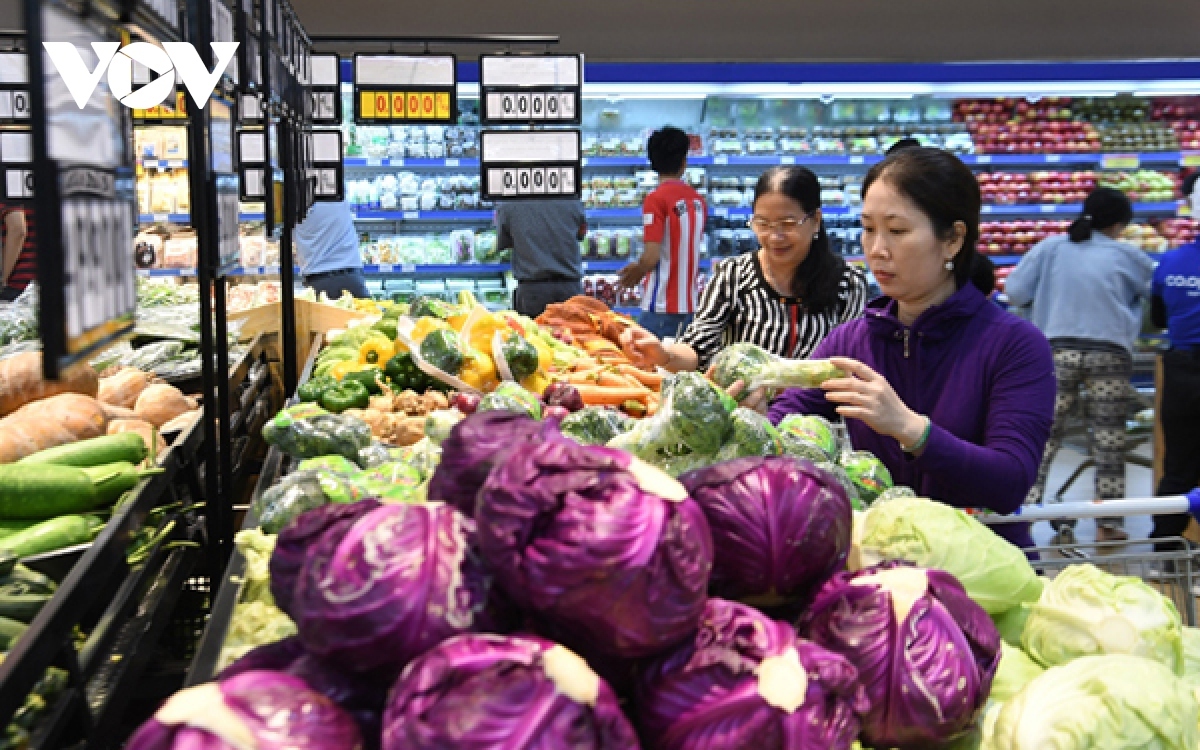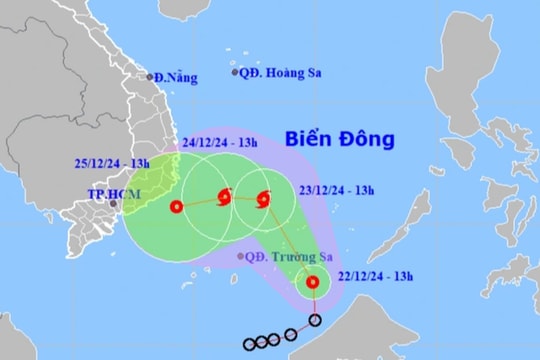Data unveiled by the General Statistics Office (GSO) on July 29 shows the national CPI inched up 0.48% in July alone compared to June, which is considered a rather high rate due to rising prices of petroleum products, growing health insurance premiums, and increasing demand for electricity usage
Among the 11 main groups of consumer goods and services that are used to calculate the CPI, 10 of them witnessed growth in prices, while only the price of the post and telecommunications services remained unchanged.
The seven-month CPI average of 4.12% is gradually approaching the 4.5% threshold that needs to be monitored in the coming months, say experts.
Under the 2024 Socio-Economic Development Plan approved by the National Assembly, Vietnam has set the target of controlling this year’s inflation at 4-4.5%. However, the Government has resolved to control inflation at the lower threshold (4%) of this target.
According to the General Statistics Office, core inflation in July increased 0.36% over the previous month and 2.61% over the same period last year. On average, seven-month core inflation edged up 2.73% year on year which is lower than the CPI average of 4.12%.
Indeed, the prices of food, household electricity, educational services, medical services and petroleum products fuel the CPI but they are among goods that are excluded from the list of core inflation calculations.
In a recently released report Citibank is still optimistic that the inflation rate has little room to keep going up in the coming months. There may be adjustments to domestic electricity prices, but weaker-than-expected global growth could lead to a potential drop in oil prices in the second half of 2024 and into 2025.
Citibank’s economic experts do not believe that the 4.5% inflation target will be beaten, although background inflation may increase as domestic demand continues to recover.























